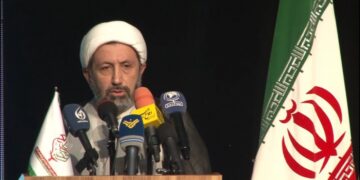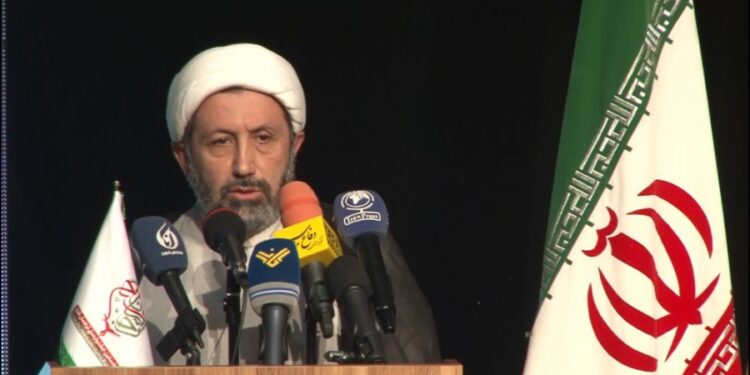The Islamic Republic of Iran has condemned the recent move of the Swedish court to issue permission to anti-Islam extremists to desecrate the Holy Qur’an outside the main mosque in the capital city of Stockholm on the day of Eid al-Adha, under the pretext of freedom of speech.
Iran noted that the obvious anti-Islamism of the government and security apparatus of Sweden has raised the anger of Muslims around the world.
Mehdi Imanipour the head of the Islamic Culture and Relations Organization, stated that it is a known fact that keywords such as “freedom of expression” and “right to express an opinion” – instead of being used in the way of protecting ethics and human rights are used as a tool and excuse to fight against such principles.
“Surprisingly, while the Swedish authorities have regarded the burning of the holy book of Muslims as “freedom of expression”, they have referred to the protest against this offensive and intolerable act as an example of “the violation of freedom of expression”! This decision made by the Swedish court reflects the purposeful and fully conscious anti-Islam objective that the overt and covert movements in the West have been trying to establish for years,” Imanipour noted in a statement.
Undoubtedly, Muslim nations consider preserving the sanctity of the Holy Quran as the red line that should not be crossed and will never remain silent in the face of offensive acts like what is happening in Sweden.
The Islamic Culture and Relations Organization strongly condemns the desecration of the Holy Quran in Sweden and has asked the Swedish government to prevent anti-Quran gatherings and apologize to the Muslims of the world for violating their religious sanctities and insulting their religious emotions.
Imanipour added, “Systematic and brazenly designed anti-Islam and anti-Qur’an moves in the decision-making and policy-making system of Sweden will eventually result in the expansion of hatred in this country to the detriment of the Swedish government and security institutions. A change in the existing trend and replacing it with a constructive and interactive approach toward the Islamic world can lead to the spread of peace and justice.”











